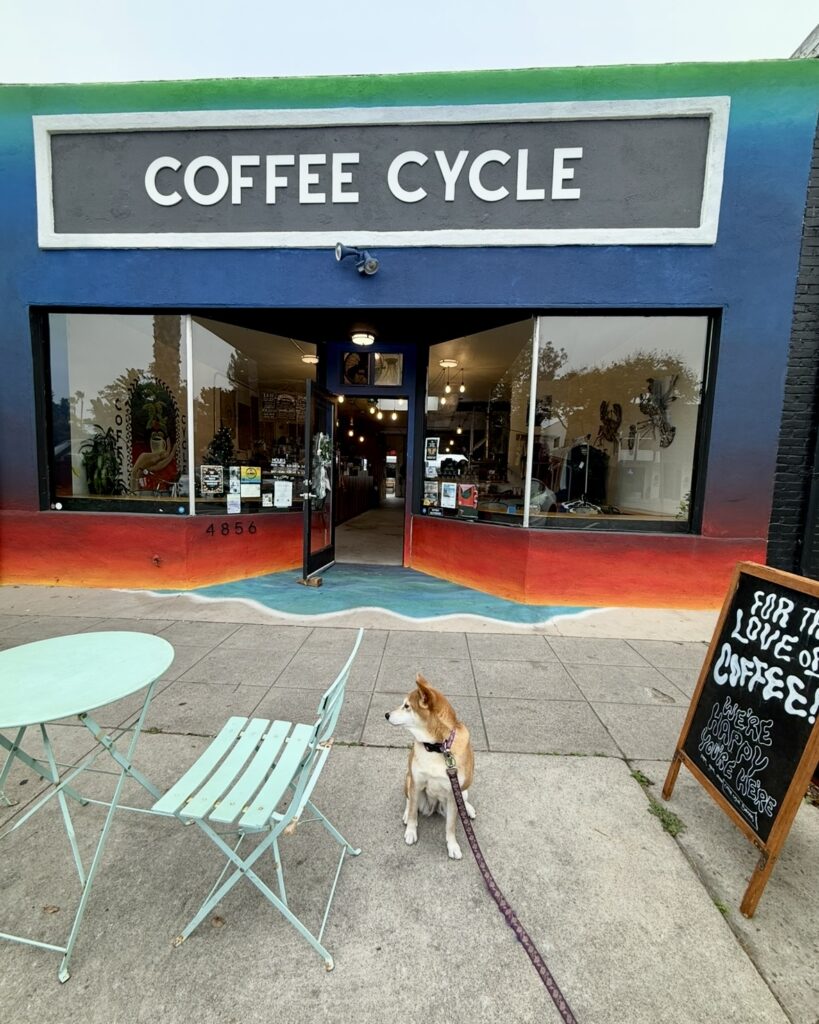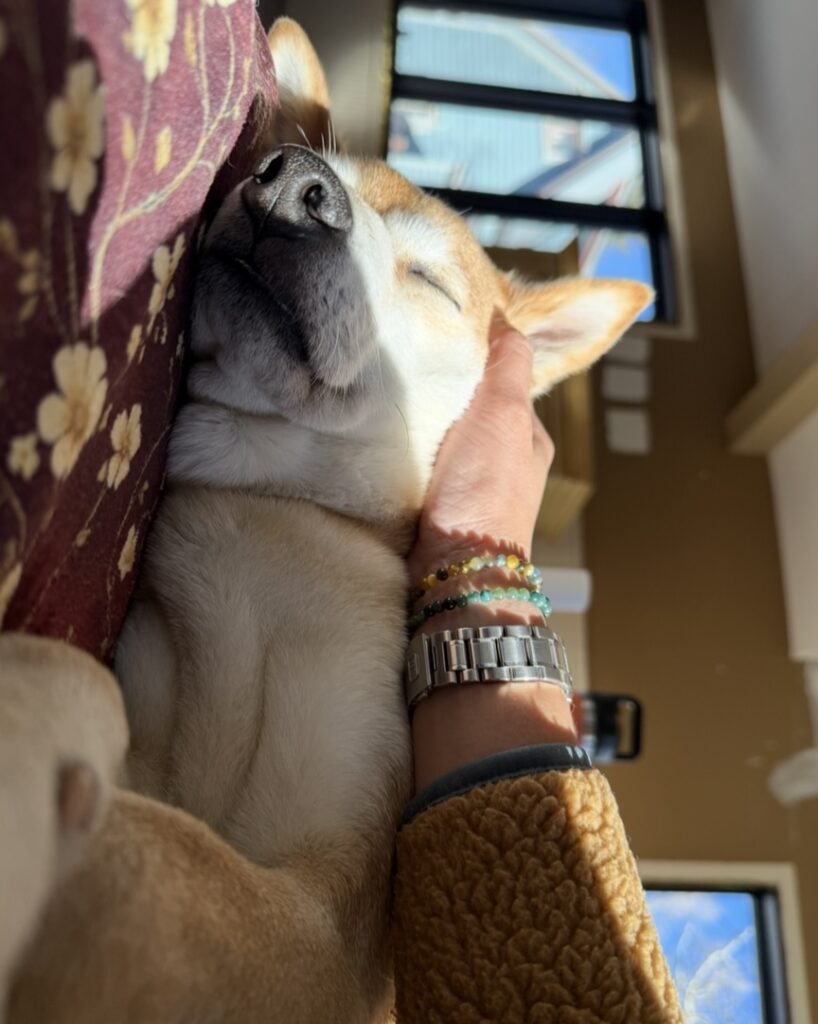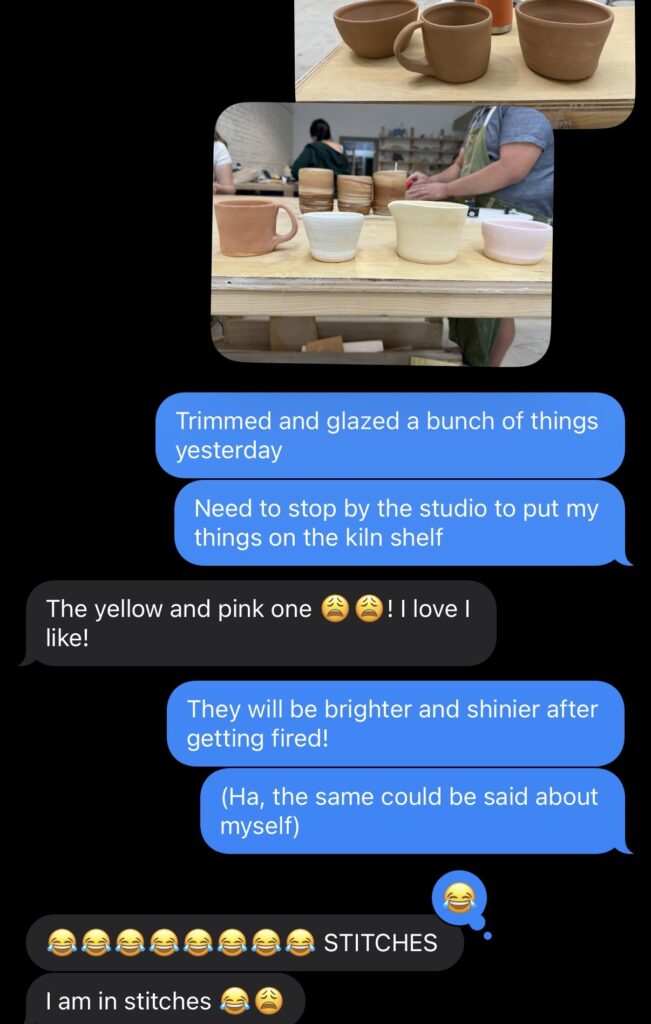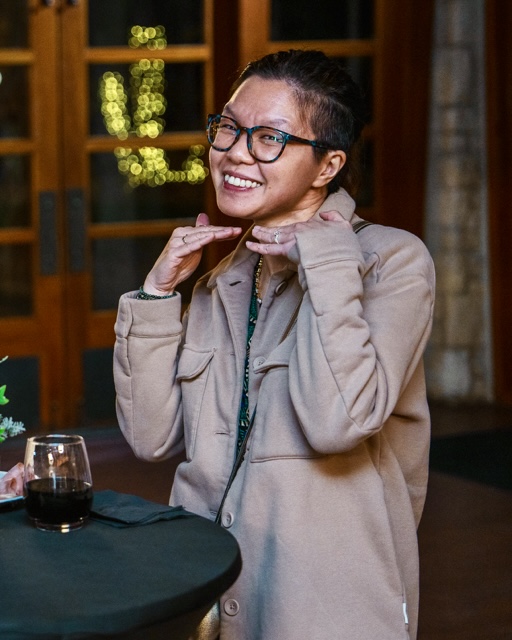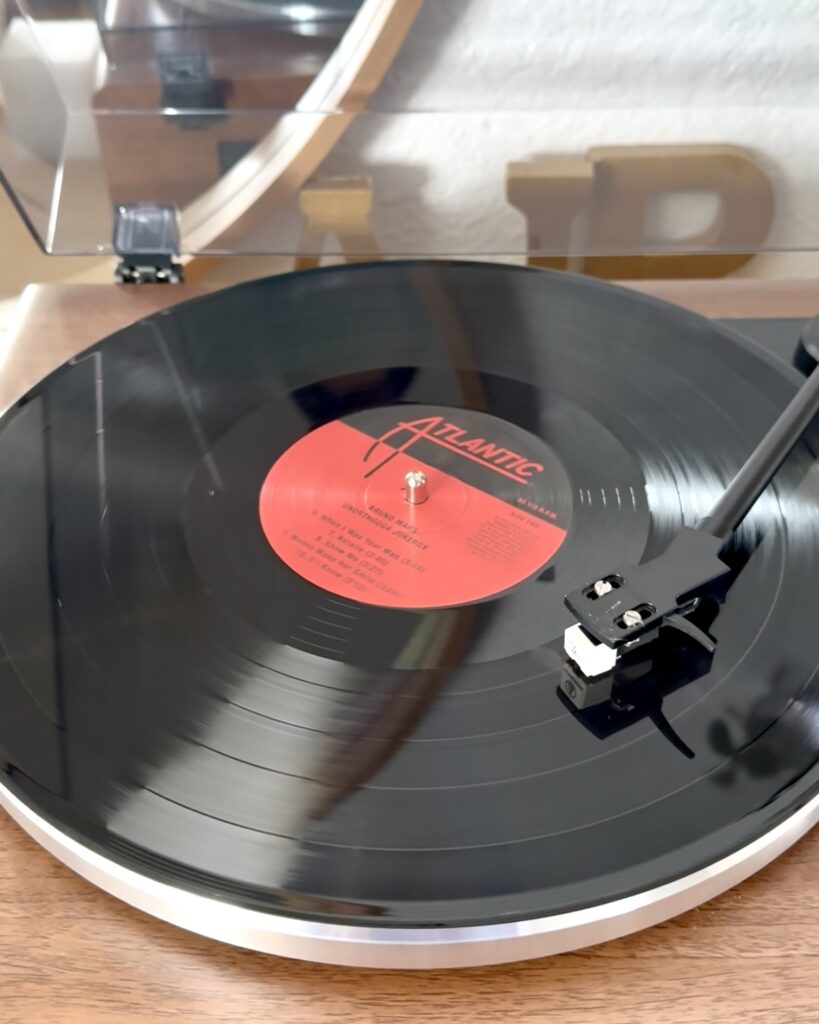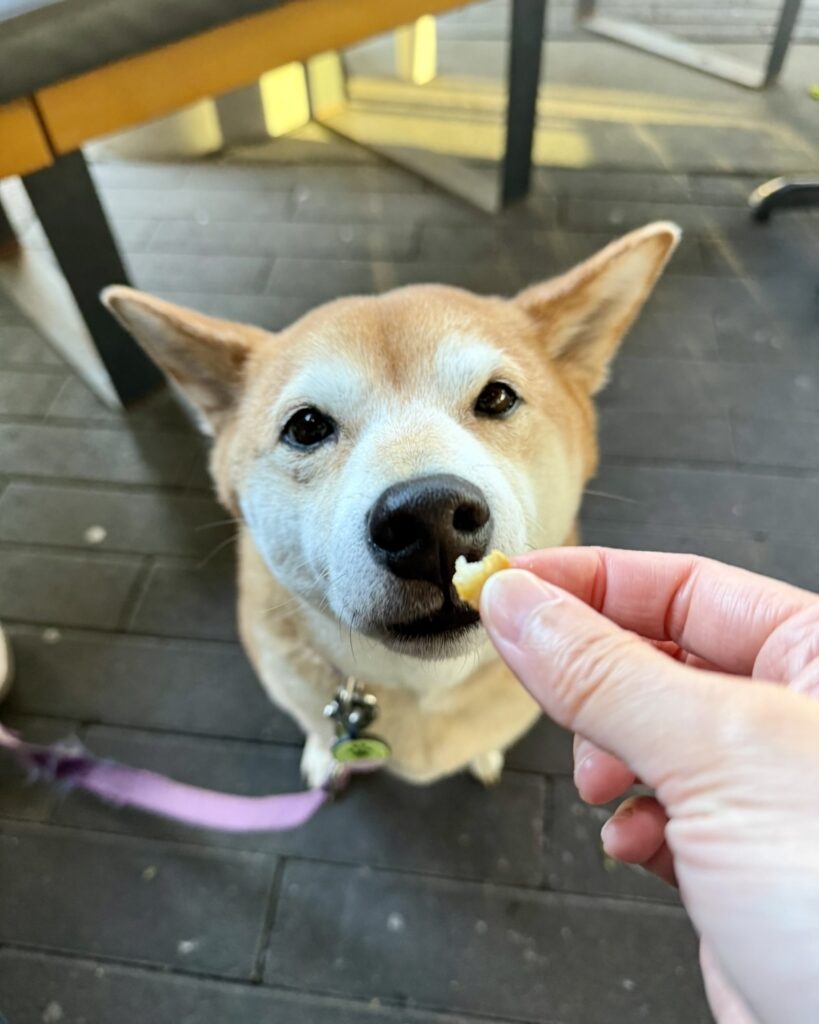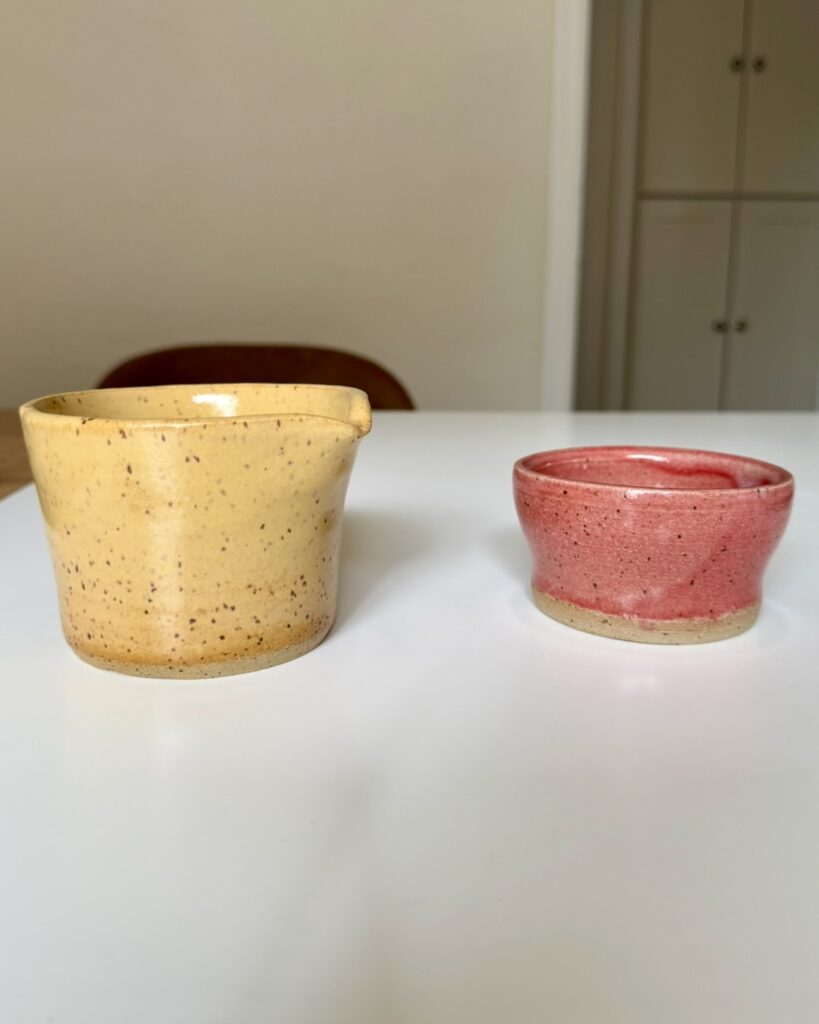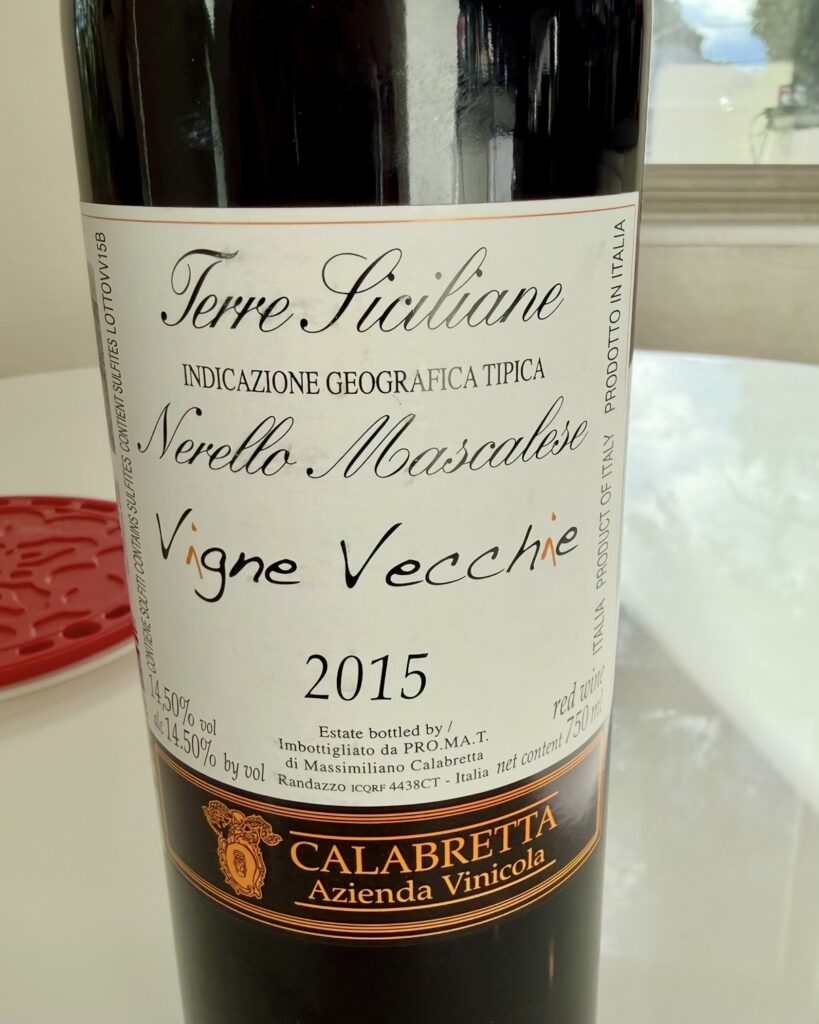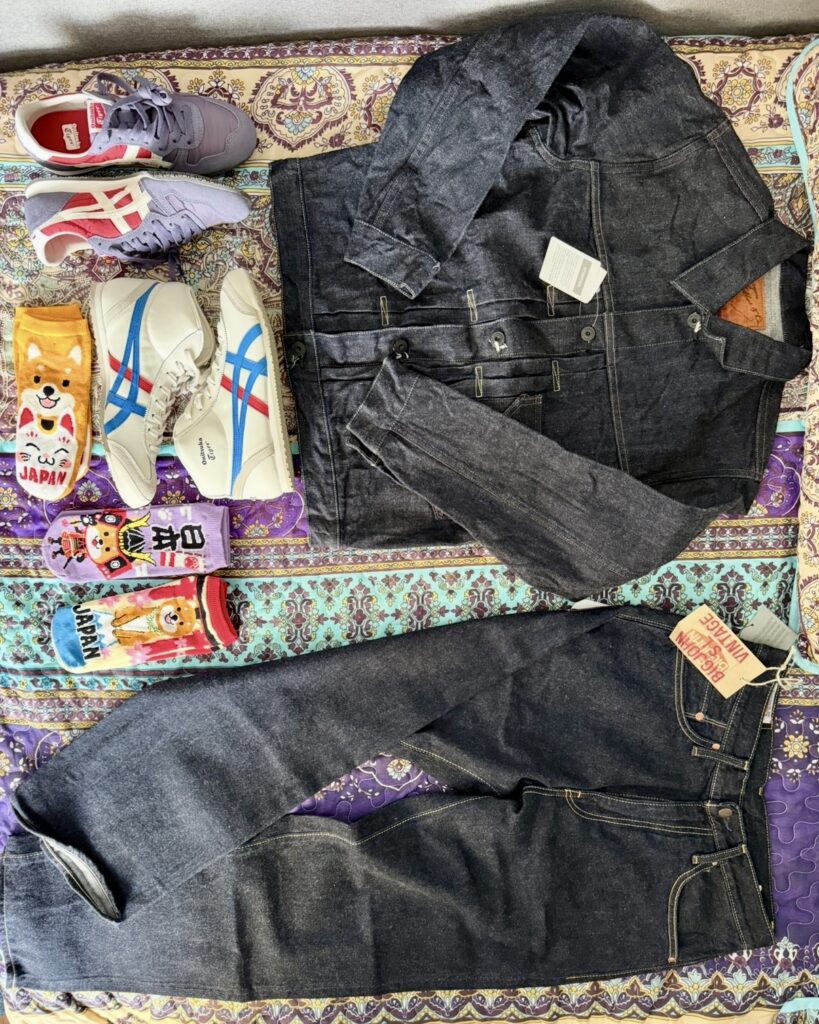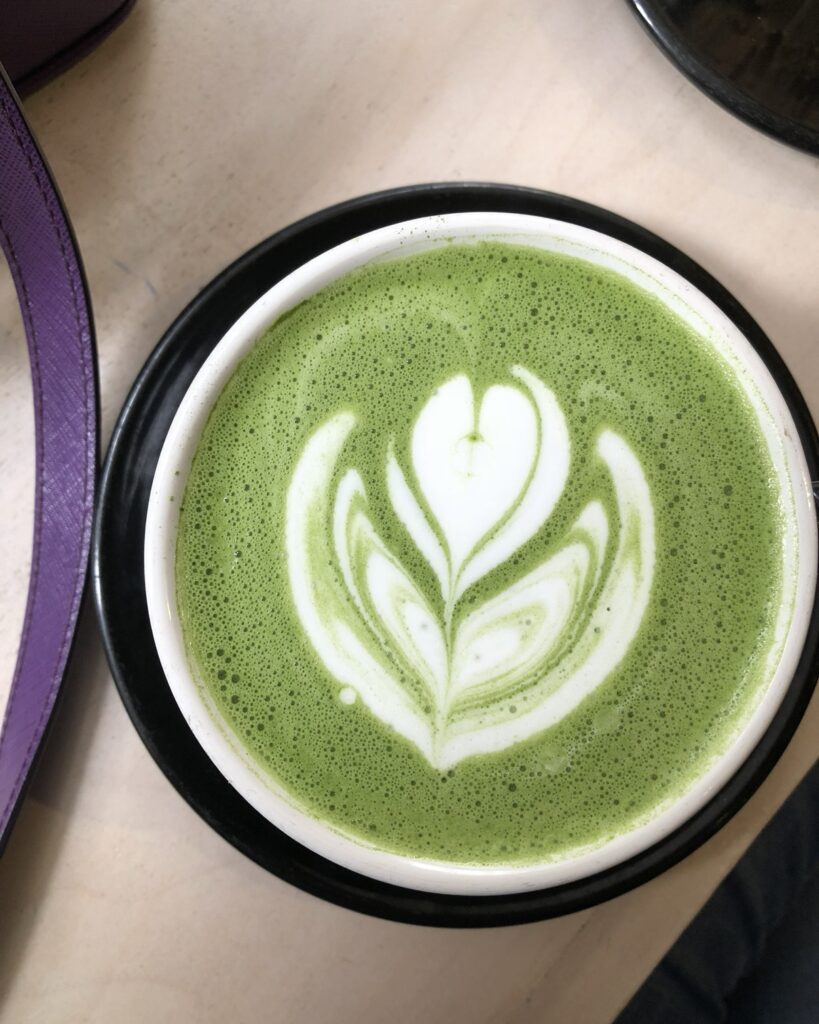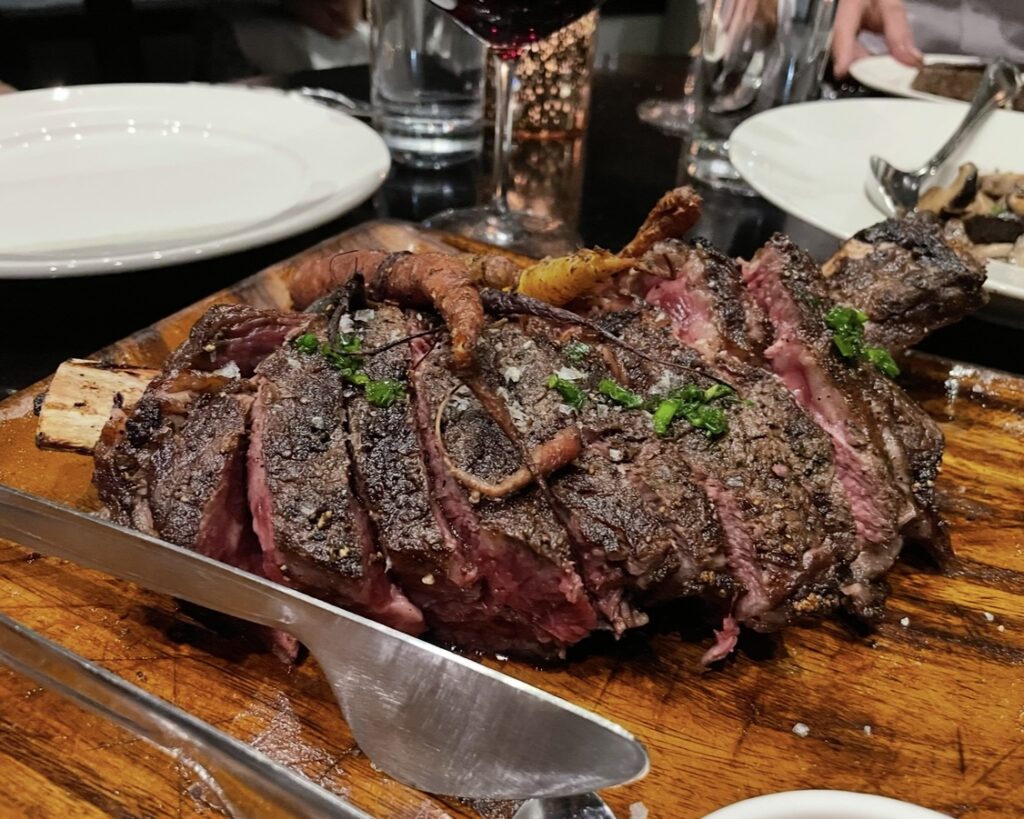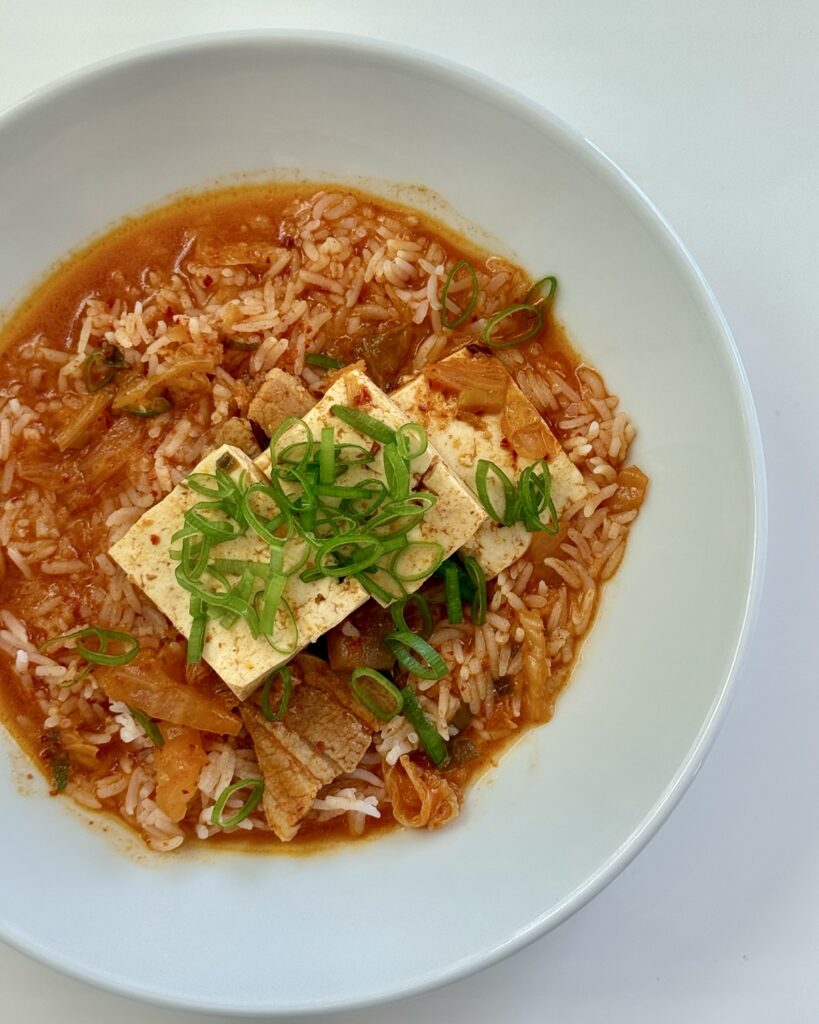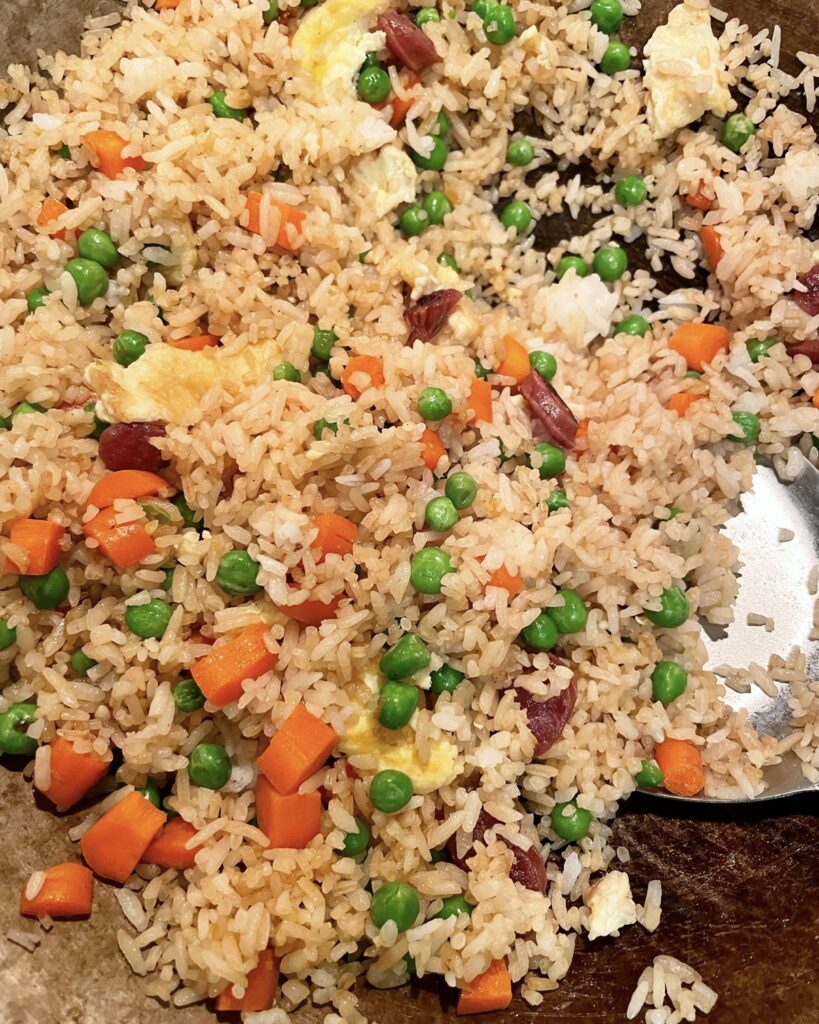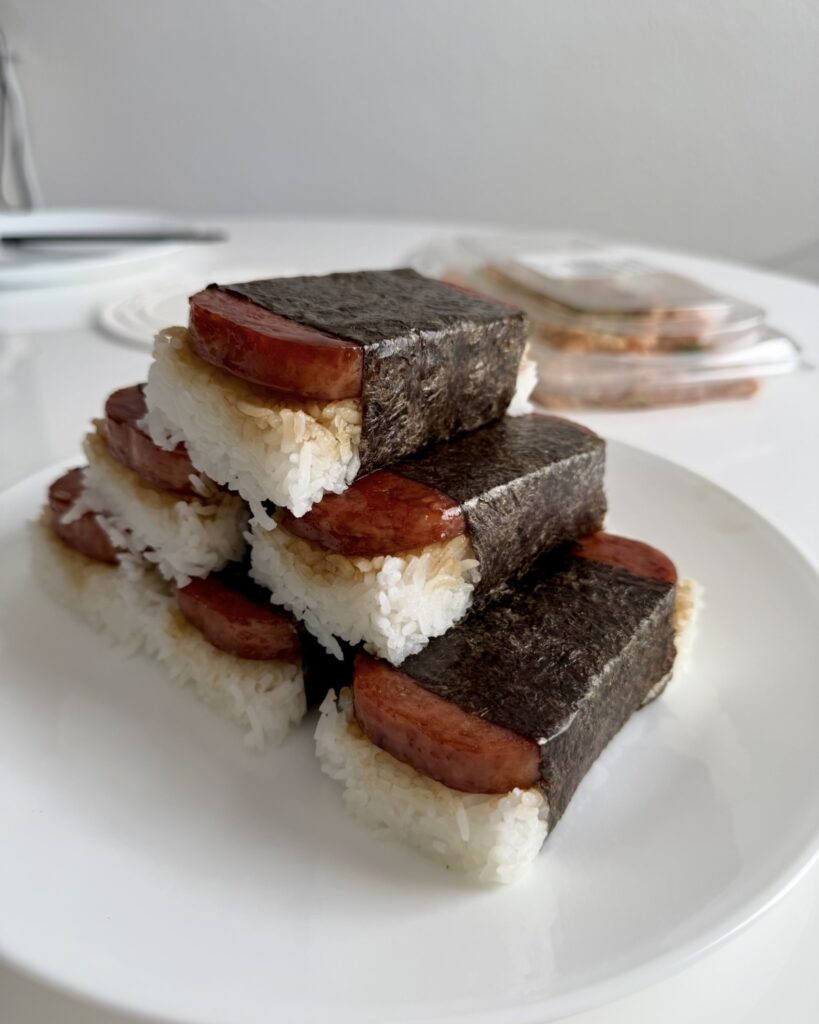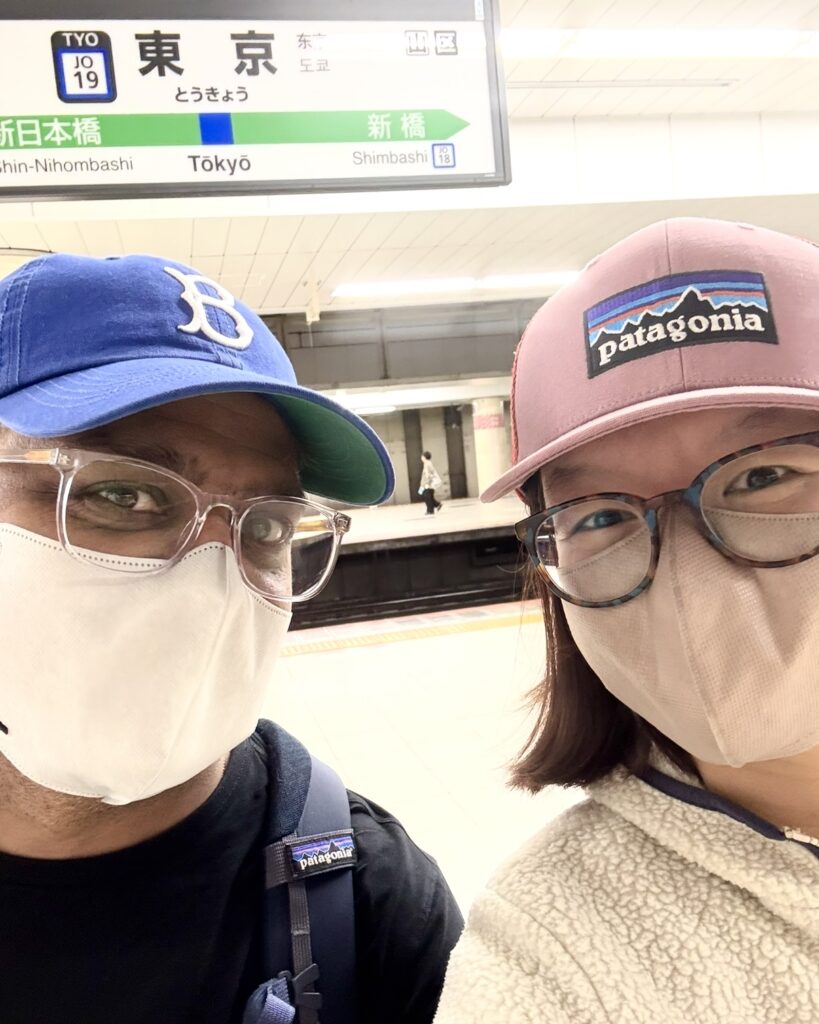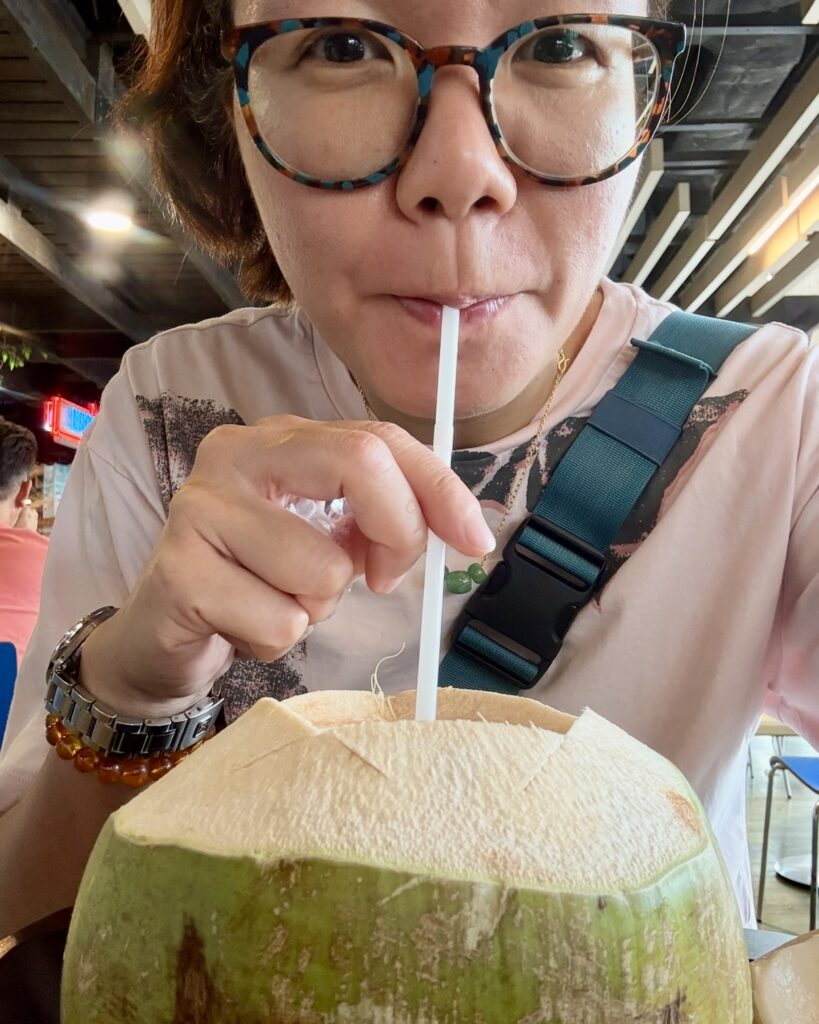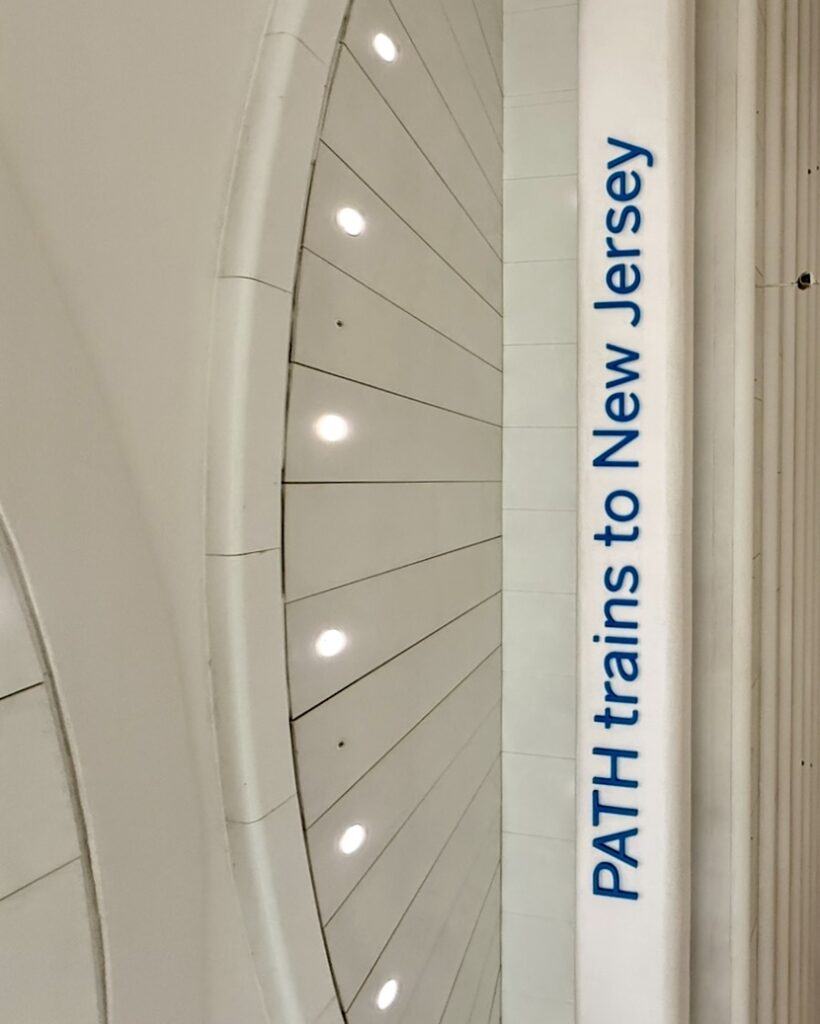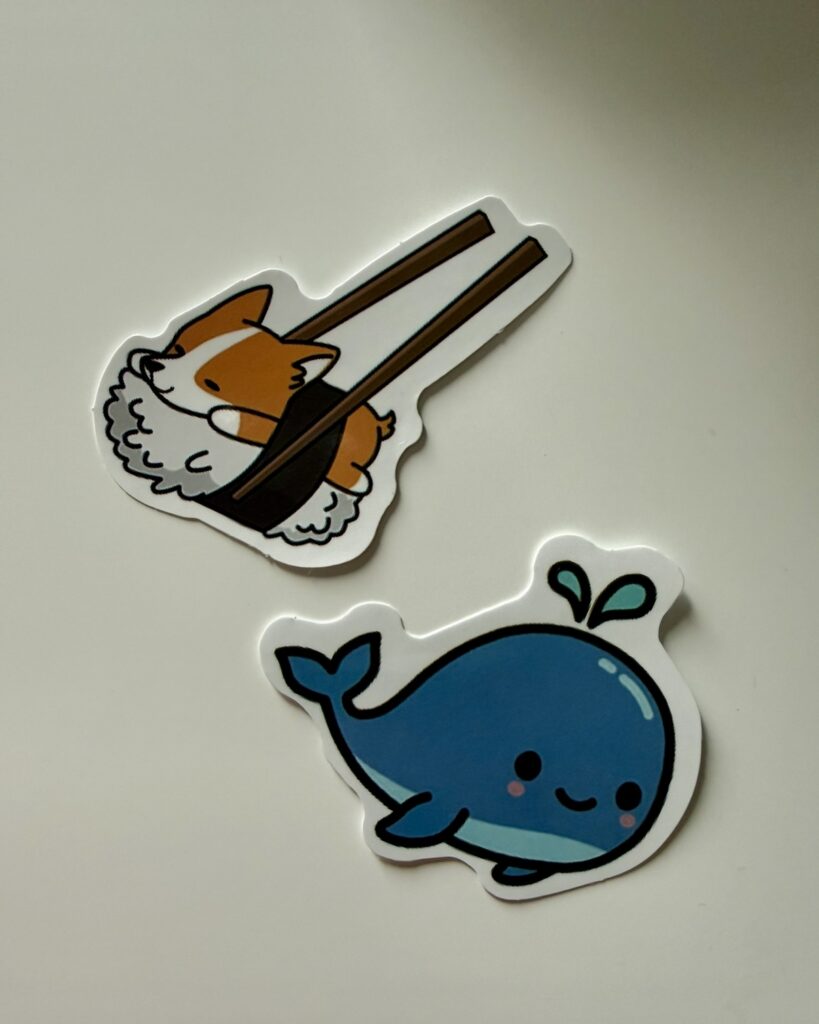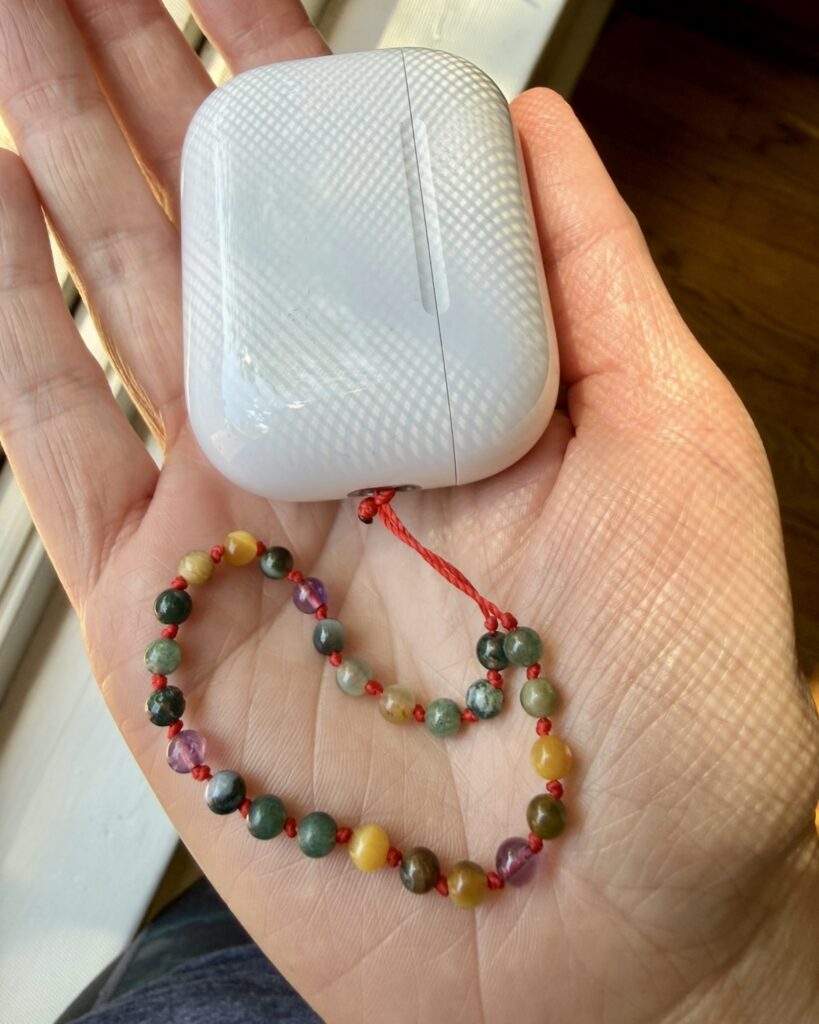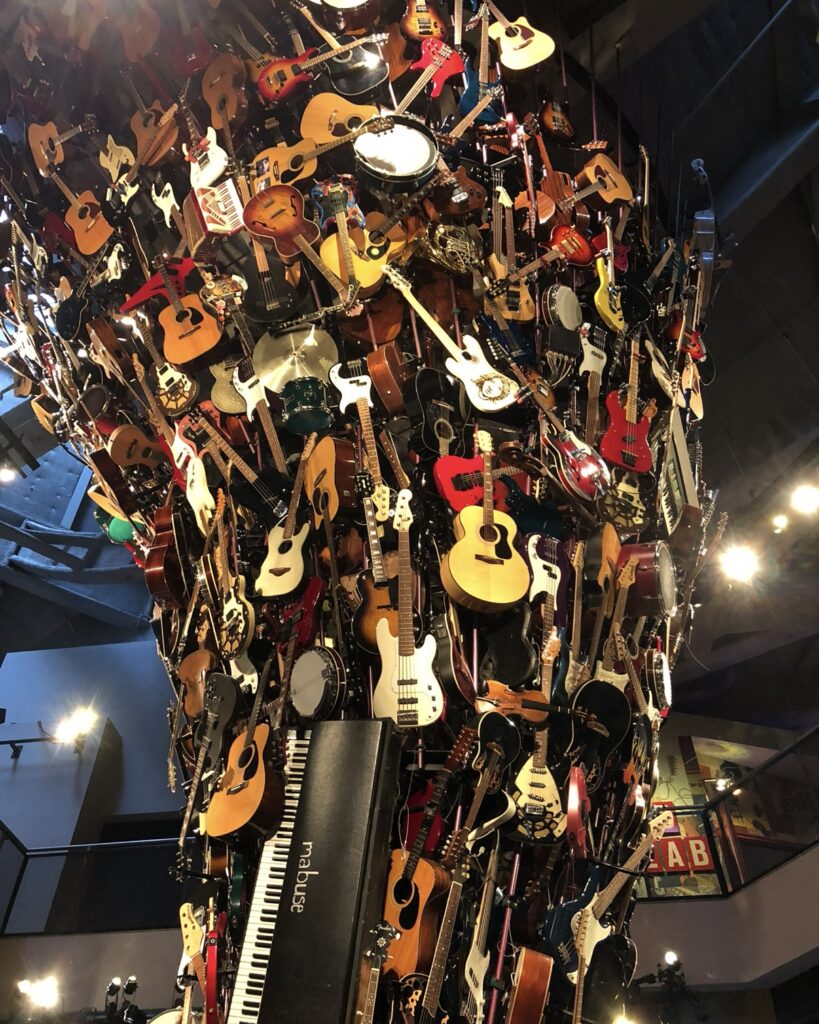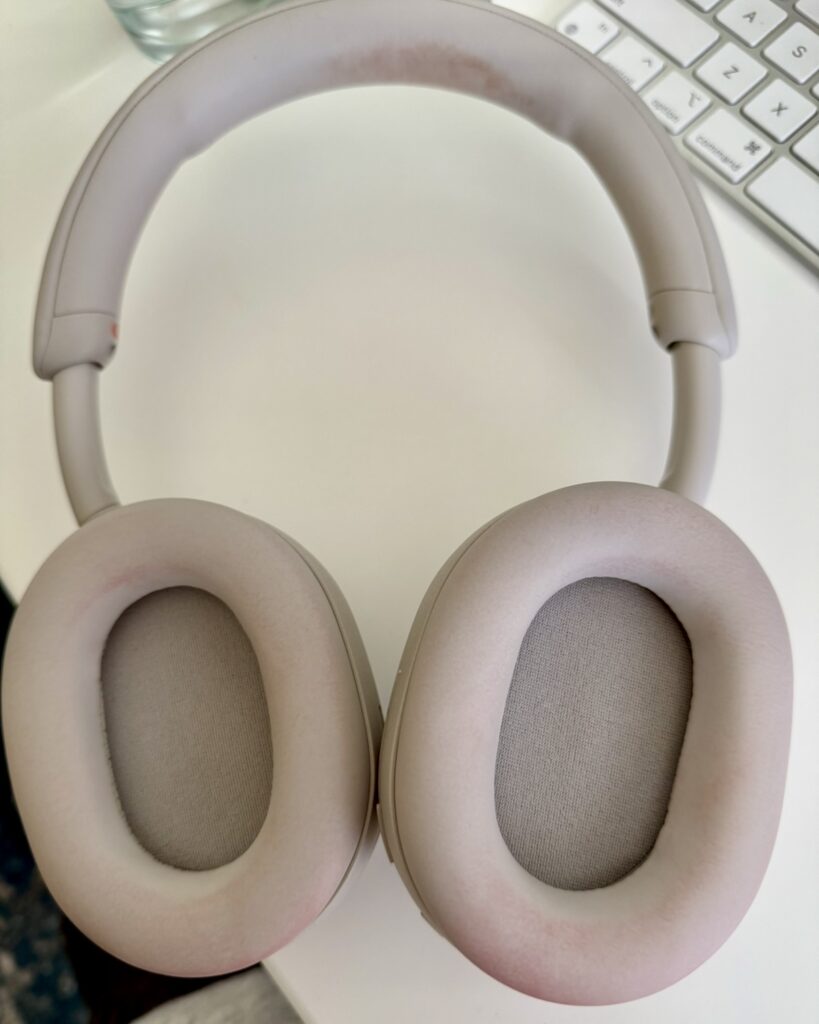Two hours of scream-singing Backstreet Boys songs healed my inner child and my outside adult.
This past weekend, I went to Backstreet Boys: Into the Millennium at the Sphere in Las Vegas.
I was really excited about it, because it was my first BSB concert. Millennium is one of my favorite albums of all time (there are NO SKIPS, though, to be fair, I sometimes stop before the last track, “The Perfect Fan”). And I’d heard that the Sphere itself is an experience.
Saturday night exceeded all of my very high expectations.
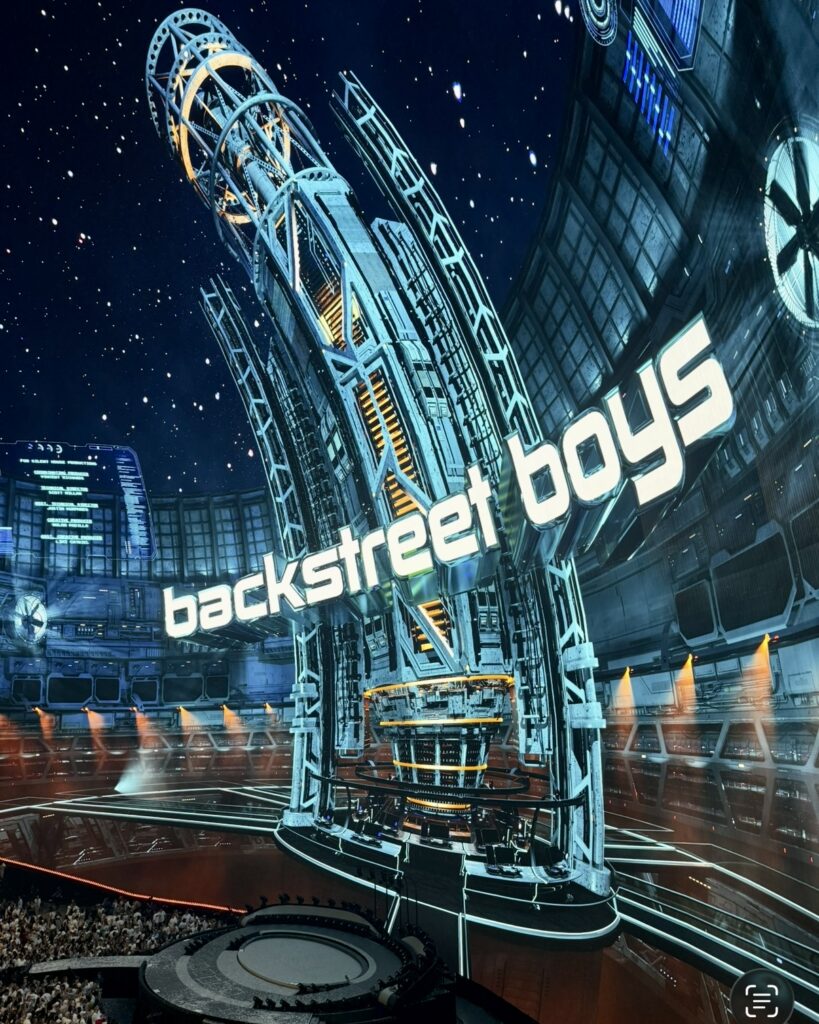
Singing “I Want It That Way” with 20,000 strangers felt like a form of therapy. Screaming like a 13-year-old when the Boys first appeared on stage was genuinely cathartic. Bopping along to cheesy pop songs transported me straight back to 1999. Realizing I knew every word to songs I haven’t heard in decades was wild. I don’t think I stopped smiling for the full two hours.
My heart felt like it was going to burst out of my chest — in all the best ways, if that’s a thing. I told R that I don’t remember the last time I experienced that much intense, pure joy.
And from what I understand, I’m not alone. This tour is making millennials lose our damn minds. I’ve thought a lot about why.
—
Before Everything Got Heavy
On the surface, it’s easy to explain. Millennium came out in 1999. A simpler time. Pre-9/11. Pre-social media. Pre-constant terrible news. The world felt smaller, slower, more understandable… and our lives did too.
There was a shared monoculture. Everyone knew these songs. Everyone watched the same TRL countdowns (I didn’t even have cable and somehow still absorbed the boy band culture). Going to this tour isn’t just nostalgia for a boy band; it’s nostalgia for a time when the world felt more synchronized and connected.
Now, most of us live in algorithmically curated little bubbles. No wonder there’s a loneliness epidemic.
The Teenage Version of Ourselves
I think this tour is tapping into something deeper: a longing not for the past itself, but for the version of ourselves that existed before everything felt so hard.
Late childhood and early adolescence are when music fuses to memory, identity, and emotion, and these songs imprinted on us during those formative years. When emotions were loud and unfiltered and occasionally nonsensical, like some of Max Martin’s lyrics. Music wasn’t background noise; it was identity formation. You didn’t just like a song. You felt it in your body. You built entire inner worlds around it.
You were obsessed. You played that CD on repeat on your Sony Discman and let it become a part of you.
Revisiting that music doesn’t just remind us of who we were. It returns us to that version of ourselves, before adult responsibilities set in and stayed.

Millennial Exhaustion
Millennials came of age into irony, detachment, self-deprecating coping humor. Being “chill.” We learned how to intellectualize our feelings instead of actually feeling them. We learned how to laugh things off. How to keep moving, how to be productive even when we were exhausted. Ugh, especially when we were exhausted.
And now here we are, late 30s and early 40s, deep in the squishy dog shit of adulthood.
Careers didn’t quite turn out the way we were promised. Systems feel rigged. There’s constant pressure to optimize everything. Our bodies don’t bounce back the way they used to. Some of us are navigating aging or sick parents. Some are raising kids. Some are doing both. And layered on top of that is the general chaos of the world right now. It’s a lot, and it’s non-stop.
So for two hours, we didn’t have to be resilient, productive, or self-aware. When the opening notes of “Larger Than Life” hit, we collectively reverted to our screeching teenage selves, and it felt like a deep sigh (scream?) of relief.

Big Feelings, No Irony
Back then (“back in my day” lol), sincerity was allowed.
The pop music of that era was unapologetically earnest. Big feelings of devotion, longing, heartbreak. Full-volume emotion. Yes, it was corny. The youths today might call it cringe. But it made us happy, SO HAPPY.
That night, we got to scream the lyrics to “The One” and mean it with our whole chests, without judgment, because everyone else there was doing the exact same thing. Just feeling all the feelings and becoming the purest expression of corny teenage selves.

Collective Nostalgia
What’s especially powerful about this tour is that it isn’t a private moment of nostalgia. It’s communal. I’ve seen TikToks of people calling this concert “millennial church,” and honestly, if what I felt that night is what religious diehards feel every Sunday? Ok, I get it.
Nostalgia usually happens quietly, alone in your car, or late at night with headphones on. A song comes on and suddenly you’re 13 again, but only for a minute, before real life intrudes. But a concert at the Sphere turns remembering into a shared ritual.
There’s something deeply comforting about that collective remembering. About realizing you weren’t alone then — and you’re not alone now. (omg, do I now truly understand cults?)
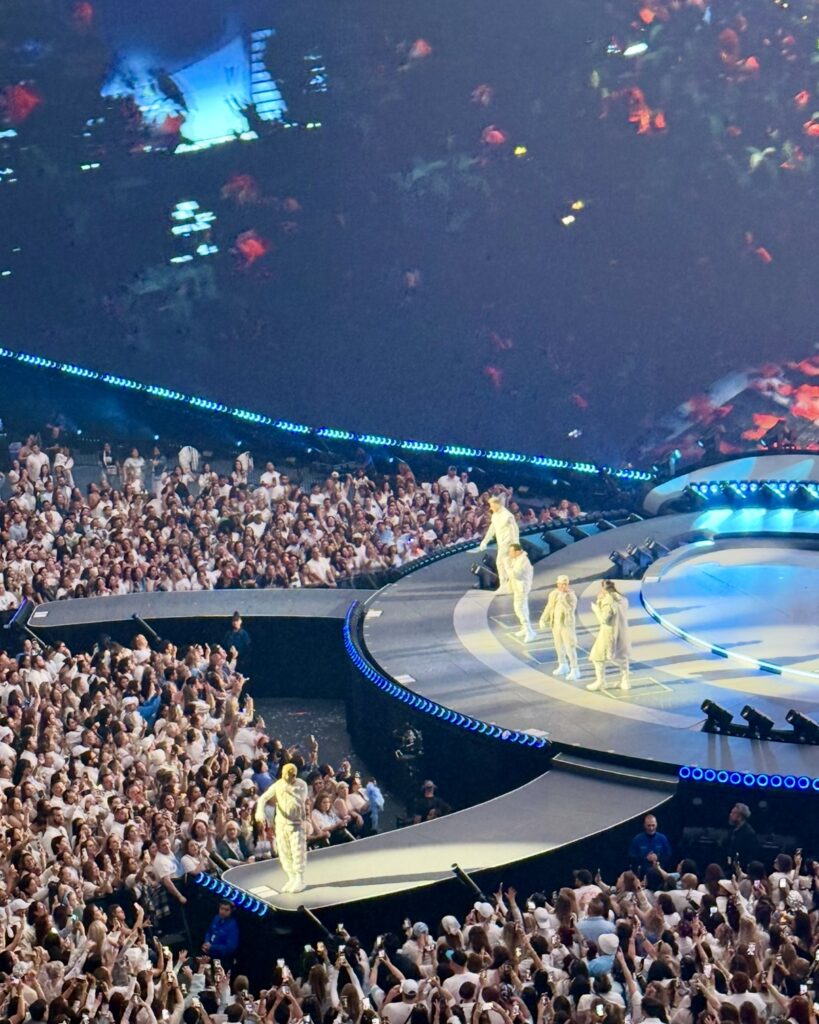
Validation
This one surprised me, but it feels very real: this tour retroactively validates the teenage era of our lives.
There’s something profound about seeing a venue full of grown adults scream-singing lyrics that were once dismissed as teenybopper nonsense. So much of what we loved as teenage girls was minimized and categorized as too emotional, too silly, too cheesy.
Yet here we are, decades later, filling the Sphere every weekend, after fighting for our lives in Ticketmaster queues. Proving that those feelings counted, that they mattered, and that they still do.
—
I don’t think most millennials actually want to go back to 1999.
We don’t want to relive dial-up internet or low-rise jeans (shudder) or the specific flavor of insecurity that came with adolescence. What we want is relief. A break from constant decision-making and pressure of modern life.
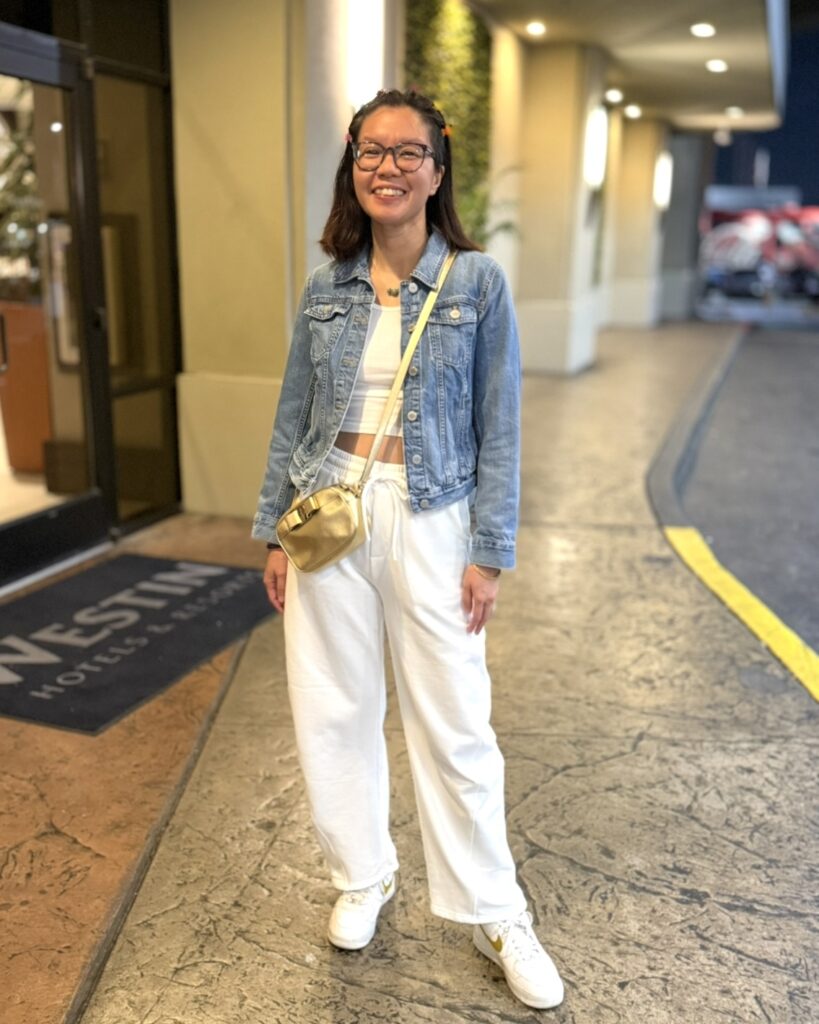
For two hours, this tour offers a suspension of all the bullshit we have to deal with every day.
You don’t have to be impressive or self-aware or emotionally regulated. You don’t have to explain yourself.
You just get to sing “Show Me The Meaning of Being Lonely” — ironically, not alone — at the top of your lungs and mean it, without apology.
Millennial nostalgia isn’t about believing the past was better. It’s about acknowledging that the present is heavier. And this concert made me remember what it felt like to be wild and free (… reaching out like you needed me).


